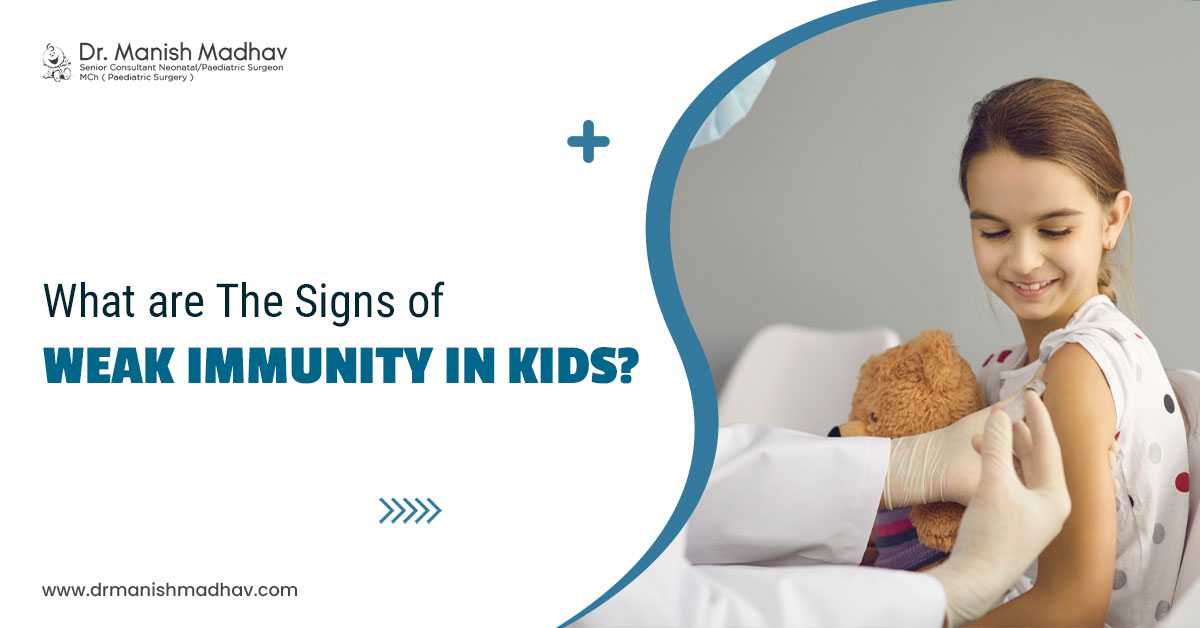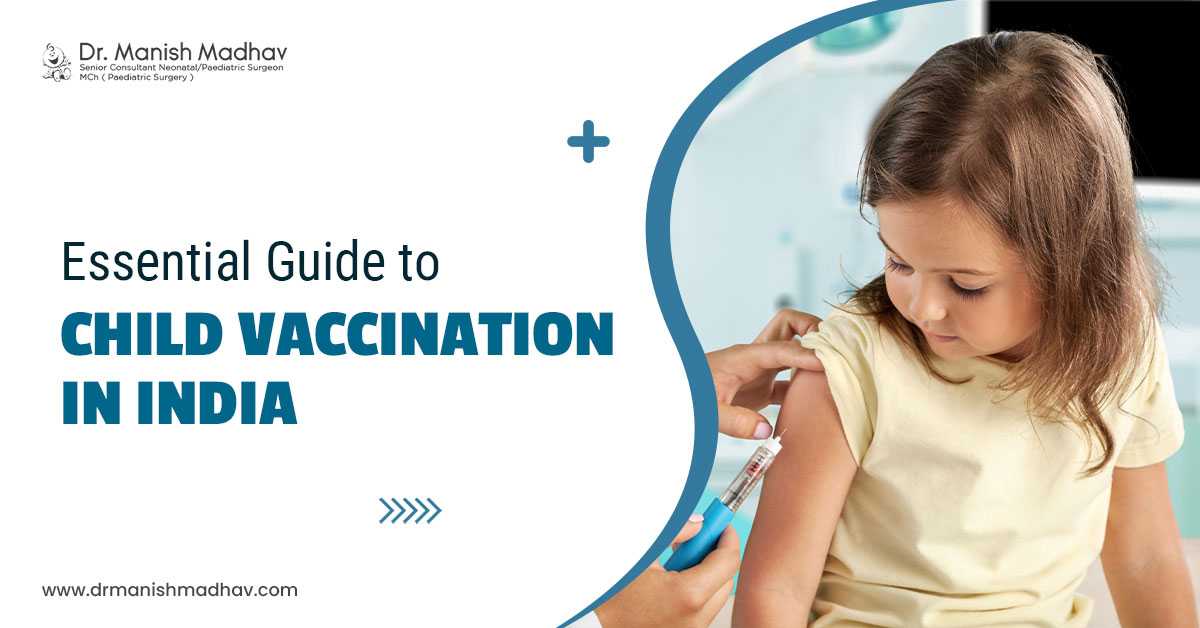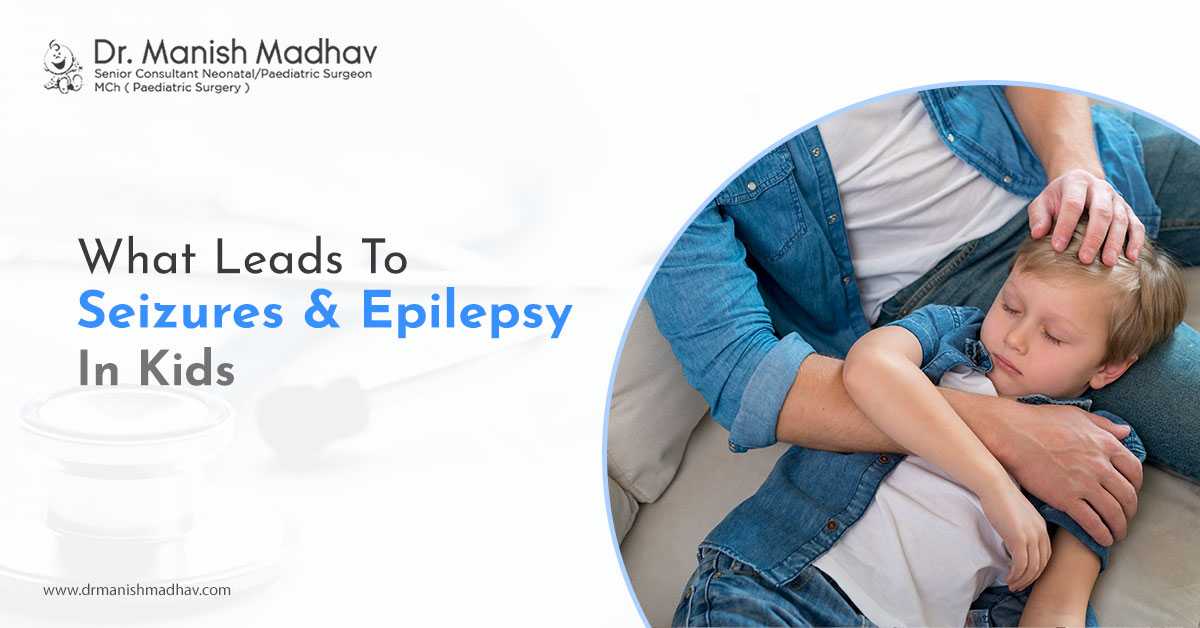A central nervous system disorder called epilepsy results in seizures. Anyone can develop such a condition. Reasons can be genetic influences, prenatal injury, head trauma, autism, etc. This condition often leads to learning and mood disorders. This blog shares insight into epilepsy and seizures in kids.
When epilepsy refers to a neurological condition, seizures are individual occurrences. A kid may have seizures without epilepsy. If your kid has repeated seizures, an epilepsy diagnosis is a must. Seizures are sudden onset of uncontrollable electrical disturbances in the brain. This condition may last very short or stay for a few minutes. Contact your neuro pediatrician in Siliguri.

Knowing the Types of Seizures
Not every kid gets all kinds of seizure symptoms, however. Signs depend on the type of seizure one has. Let’s discuss its types:
Focal Seizures
It captures one area of the brain and can spread to other parts. This type is the most common type. A warning sign can be an aura involving emotional, sensory, or autonomic changes. Signs include:
- Unusual eye, head movements
- Muscle contractions
- Rapid heartbeat
- Blackouts
- Staring
- Vision changes
Generalized Seizures
Unlike focal seizures, generalized seizures take place on both sides of the brain at the same time. It causes loss of awareness and violent muscle contractions. Symptoms may include:
- Starting spells
- Falling
- Body parts becoming limp
- Jerking
- A brief loss of consciousness
- Droopy eyelids
- Quick jerking movements
- A sensation of electric shock
- Muscle stiffness
- Foaming at the mouth
- Loss of bladder, bowel movements

What are the Causes of Seizures in Kids?
- Many a reason is there, including:
- Lack of oxygen in the brain
- Alzheimer's disease
- Misuse of prescribed drugs
- Stroke
- Traumatic brain injury
- Low sodium levels
- Decreased magnesium, calcium
- Genetic disorders
- Frebile seizures
- Inflammation from autoimmune diseases
- Issues with the brain structure
- Exposure to toxic substances
- Problems with the neurotransmitters
Do not overlook the signs like unexplained falling, rapid eye blinking, abnormal jerking of arms, head, nodding head rhythmically, stiffening of the body, breathing difficulties, loss of bowel/bladder control. You might consider seeing the top neuro pediatrician in Siliguri city.
Poorly treated conditions may bring about a number of complications, such as sudden falling, car accidents, drowning, psychological concerns (anxiety, depression, behavioral problems, suicidal thoughts). Typically, After seizures, an individual receives headache, confusion, or fatigue, medically termed the postictal phase.
In order to diagnose the conditions, a pediatric neurologist may ask for a few tests/procedures, such as blood tests, a neurological exam, electroencephalogram, CT scan, MRI, PET scans. However, not every kid requires the same sets of tests. Treatment options can be medications (the most common one), vagus nerve stimulation, or surgery.




